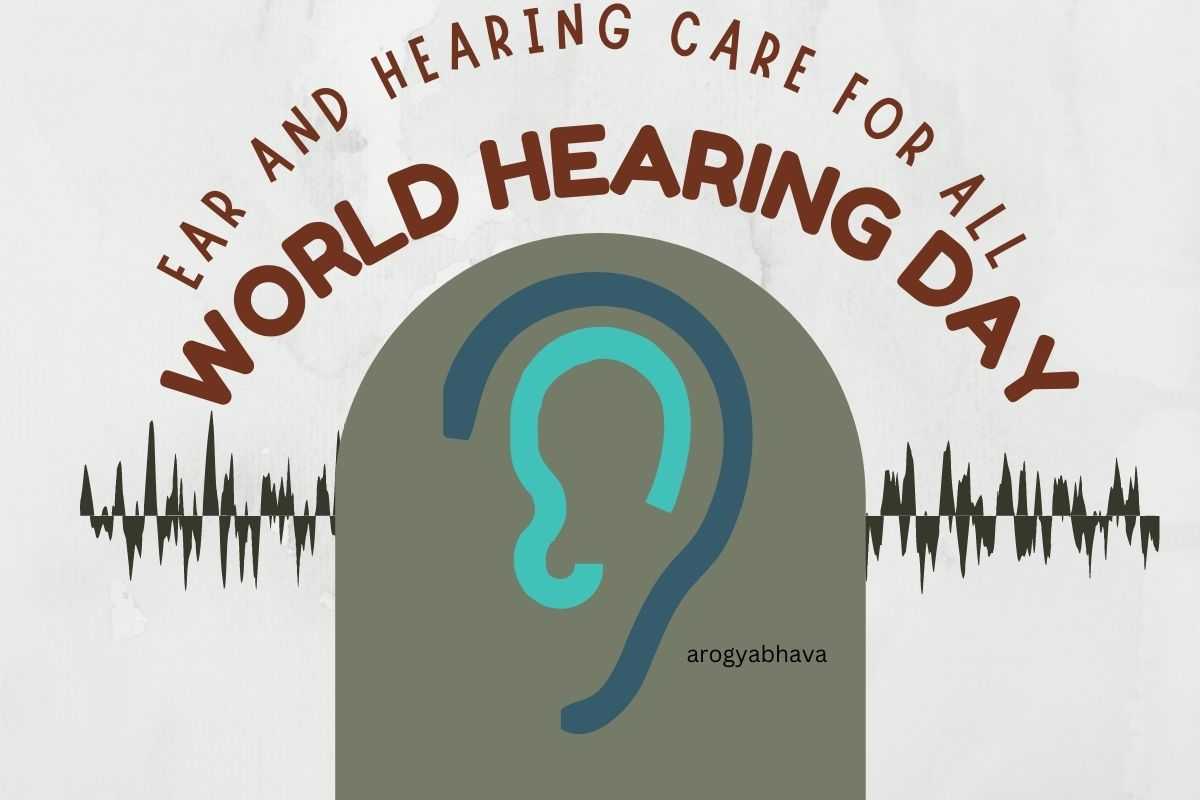World Hearing Day: Date, Relevancy and Theme

World Hearing Day: The WHO organized World Hearing Day on March 3. The day encourages ear and hearing care worldwide and increases awareness of ways to avoid deafness and hearing loss. WHO chooses the theme each year and creates evidence-based advocacy materials, including presentations, booklets, flyers, posters, banners, and posters. These resources are disseminated worldwide to government and civil society partners and WHO regional and national offices. WHO also hosts an annual celebration of World Hearing Day at its headquarters in Geneva.
A growing number of Member States and other partner organizations have participated in World Hearing Day in recent years by holding various activities and events in their nations. WHO welcomes all parties to participate in this international endeavor. In 2023, World Hearing Day will emphasize the significance of ear and hearing care being integrated into primary care as a crucial element of universal health coverage.
Relevant Aspects of World Hearing Day
One of the most general issues in the community is ear and hearing.
- The main level of care can recognize and treat more than 60% of these.
- Training and capacity building at this level can help integrate ear and hearing care into primary care services.
- People will benefit from such integration, which will also assist nations in achieving the objective of universal health coverage.
- The WHO will release the Primary ear and hearing care training manual on this day. The trainer’s handbook and other neighbourhood materials will be provided along with the manual.
The theme of World Hearing Day
"Ear and hearing care for all! Let's make it a reality."
The communication goals with this theme are to-
- Call attention to the WHO’s guidelines for integrating ear and hearing care into PHC among decision-makers in governments and civil society organizations.
- Encourage governments to incorporate essential ear and hearing care into programs for training primary health care professionals.
- Bring the needs of people with hearing loss and ear illness to the attention of primary-level healthcare professionals (healthcare workers and physicians).
- Encourage people to seek services by educating them on the value of ear and hearing care.
FAQs
How can I determine if I require hearing aids?
Many deaf and hard-of-hearing people first notice that they must repeat things to their friends and family more frequently or that everyone else seems to be murmuring. Getting your ear test is the first step in the healing process. They will test your hearing to determine if you have hearing loss and whether you may aid from amplification.
When will my hearing aid stop working?
A hearing aid has a lifespan of five to seven years. Therefore, for the correct operation and programming of your hearing aid, it’s crucial to schedule regular sessions. Hearing aids also come with various warranties, usually lasting two to three years and covering loss replacement and repair. While some hearing aids may require reprogramming, repairs, or replacement after seven years, many still operate effectively.
Can those who have hearing loss appreciate music?
We must consider the degree of hearing loss. Ask your audiologist to digitally programmed your hearing aids with a setting specifically for music listening to accommodate my hearing loss. For instance, if you are at a show and your hearing aids don’t always pick up the sound above a noisy room, you may manually override this automated setting.
Most of the time, you can stream music from my iPhone using Bluetooth. Since almost all modern devices have Bluetooth capabilities, you can use Bluetooth hearing aids to benefit from this. The part of a hearing aid that receives noises is called a telecoil. The sound is then converted into a loop for the listener to hear louder. Hearing aids can pick up music and play it directly to my ear if they are near a Bluetooth device. It can stream a show through your hearing aids and connect to an intelligent television without disturbing anyone.
Also read: Hearing Loss: Causes, Symptoms, and Types